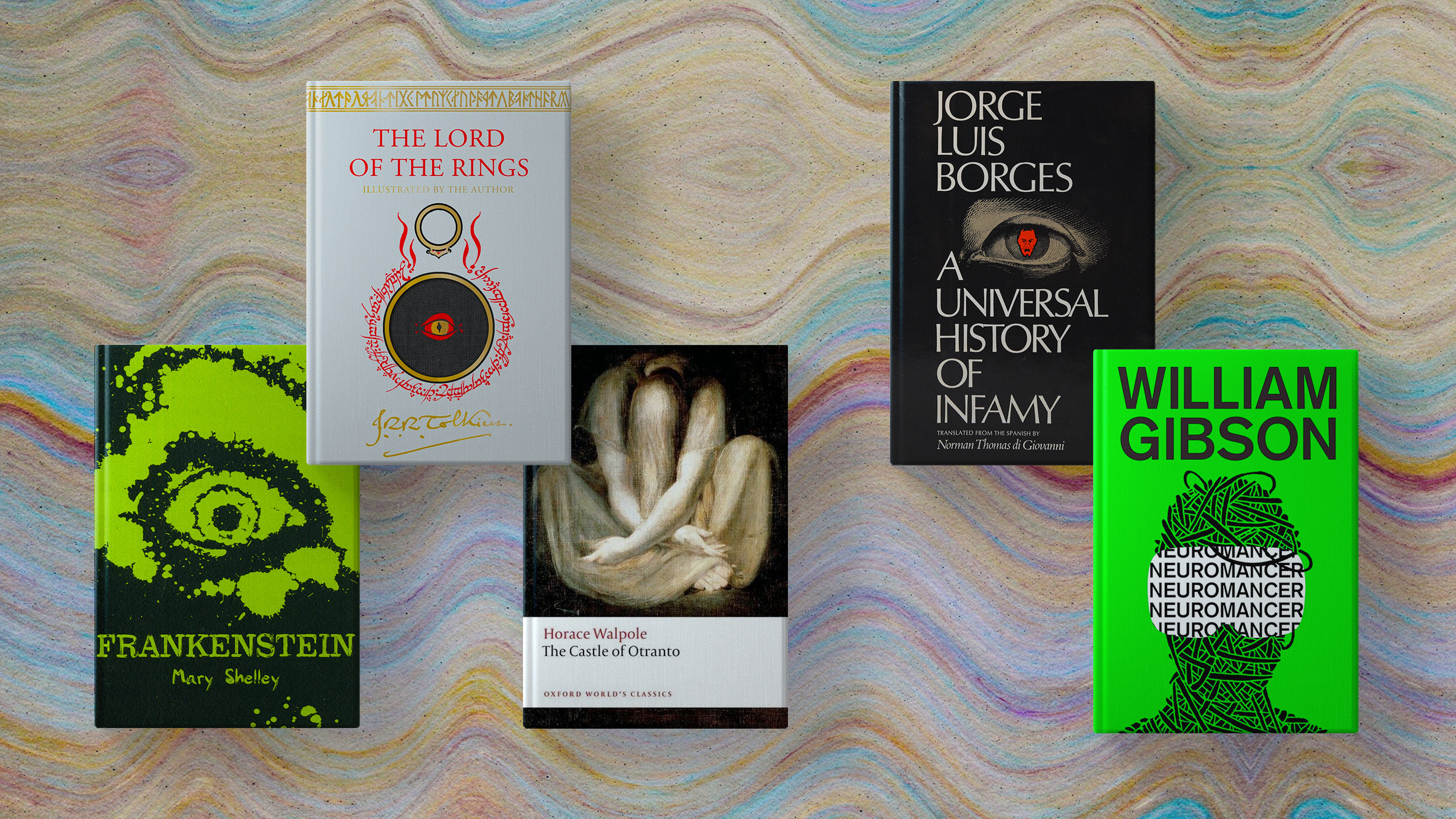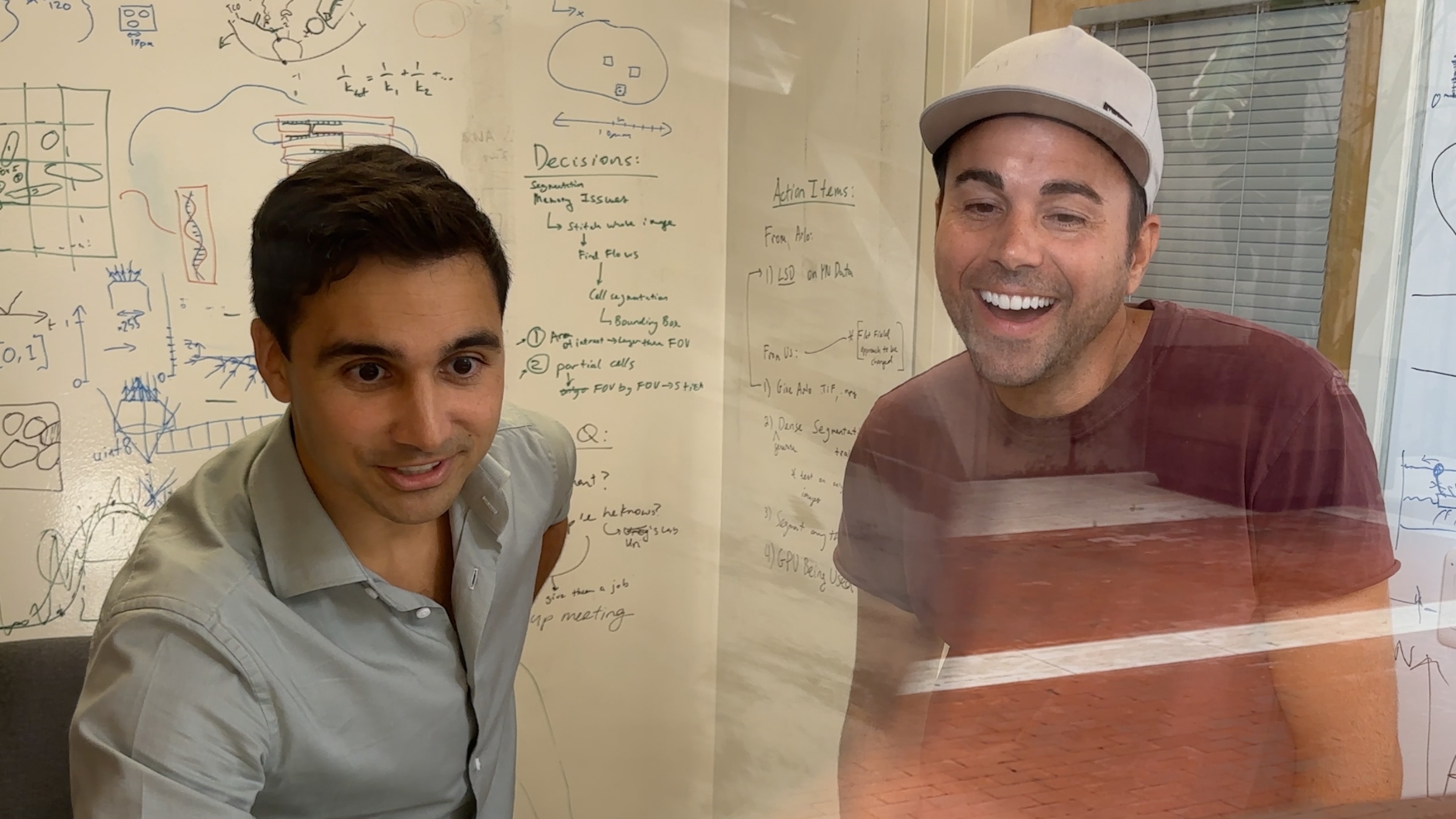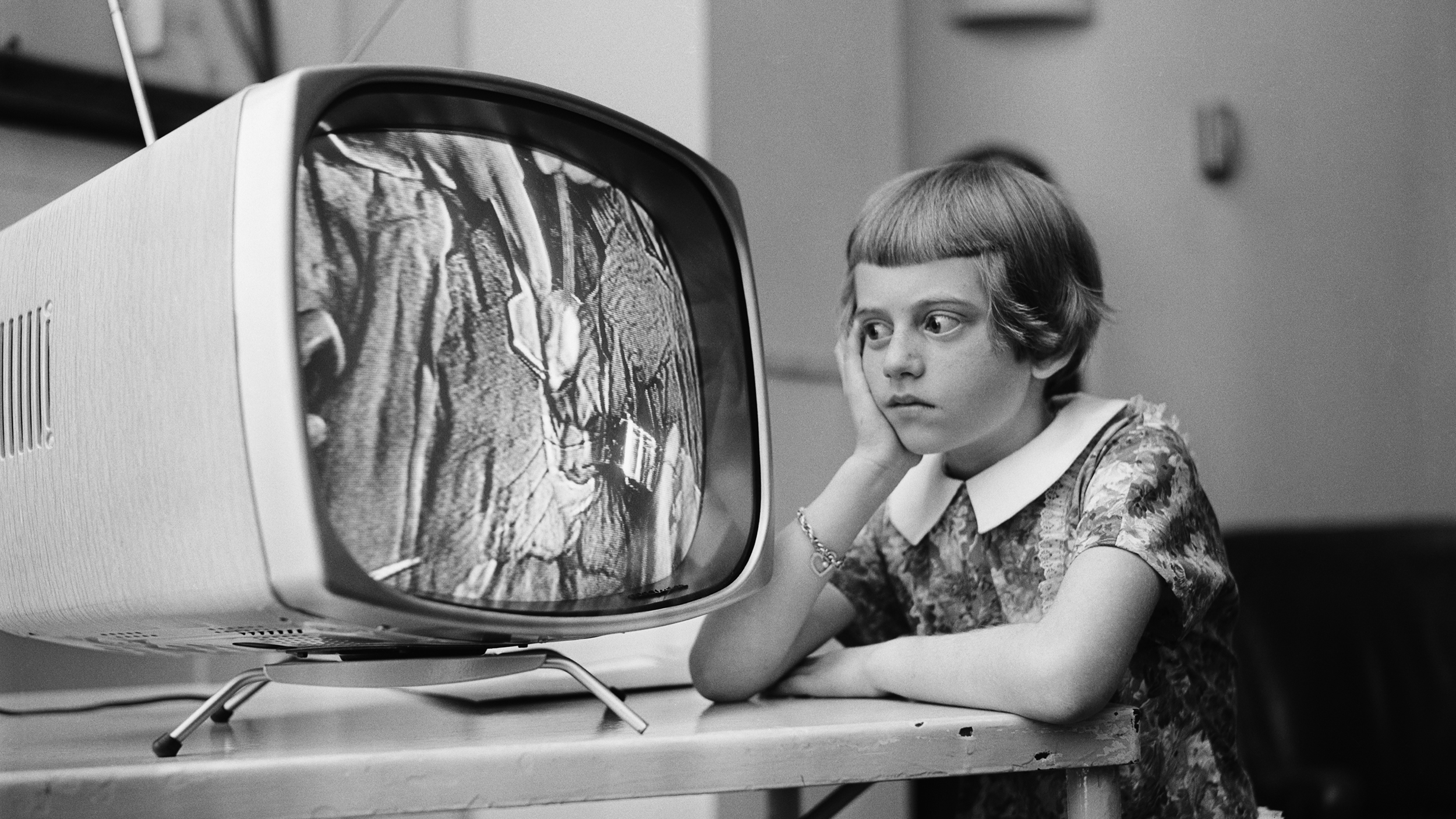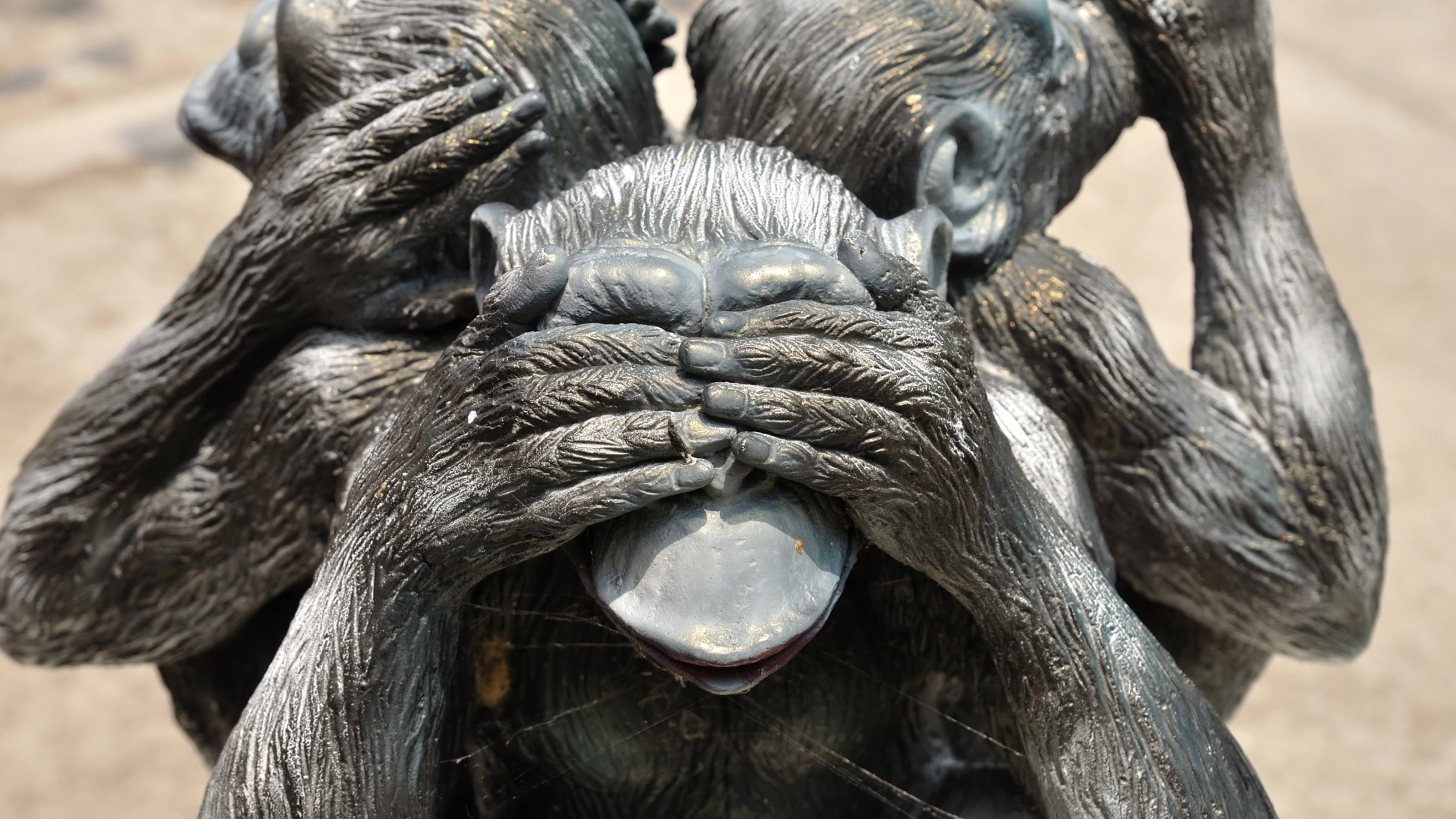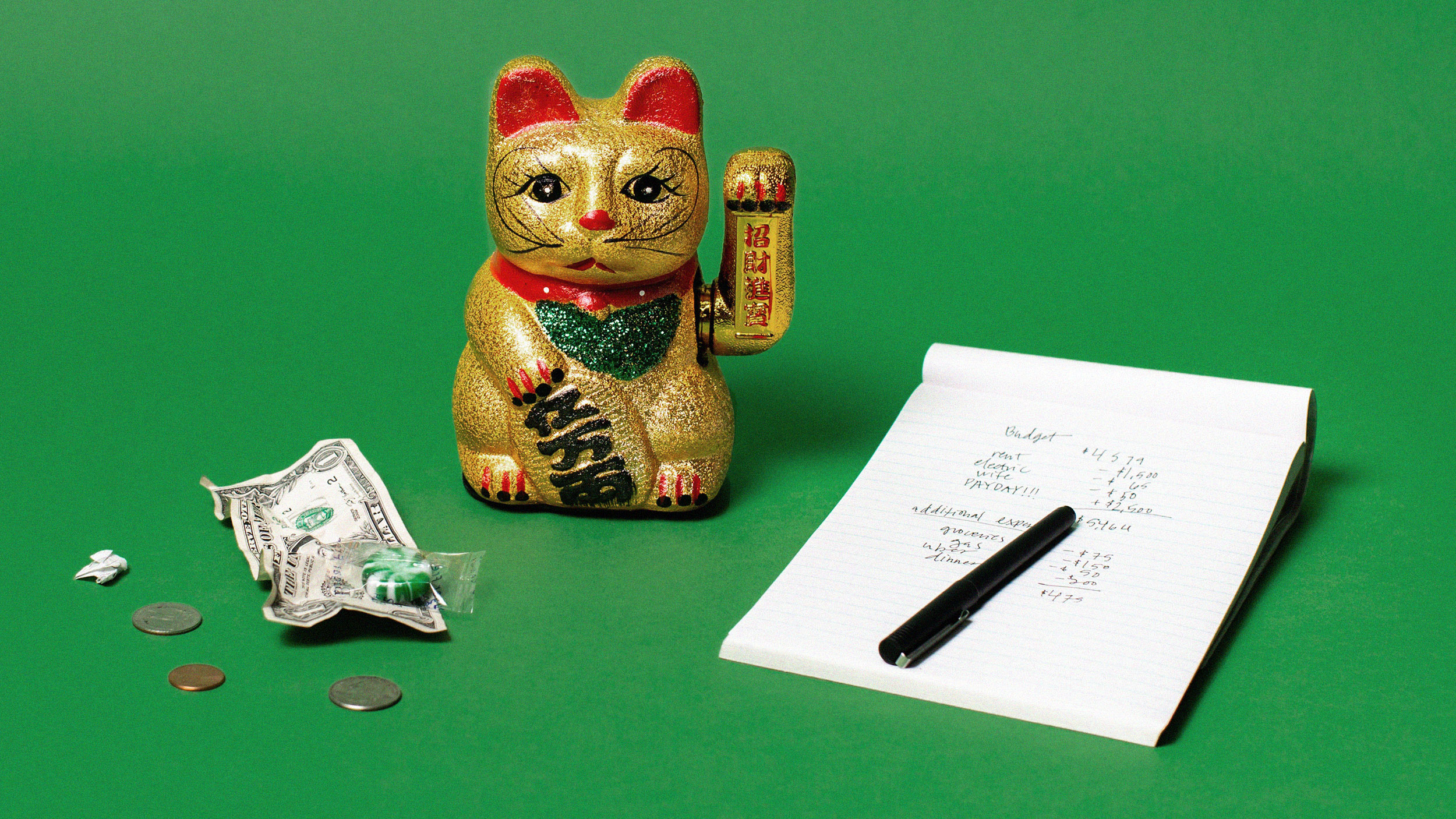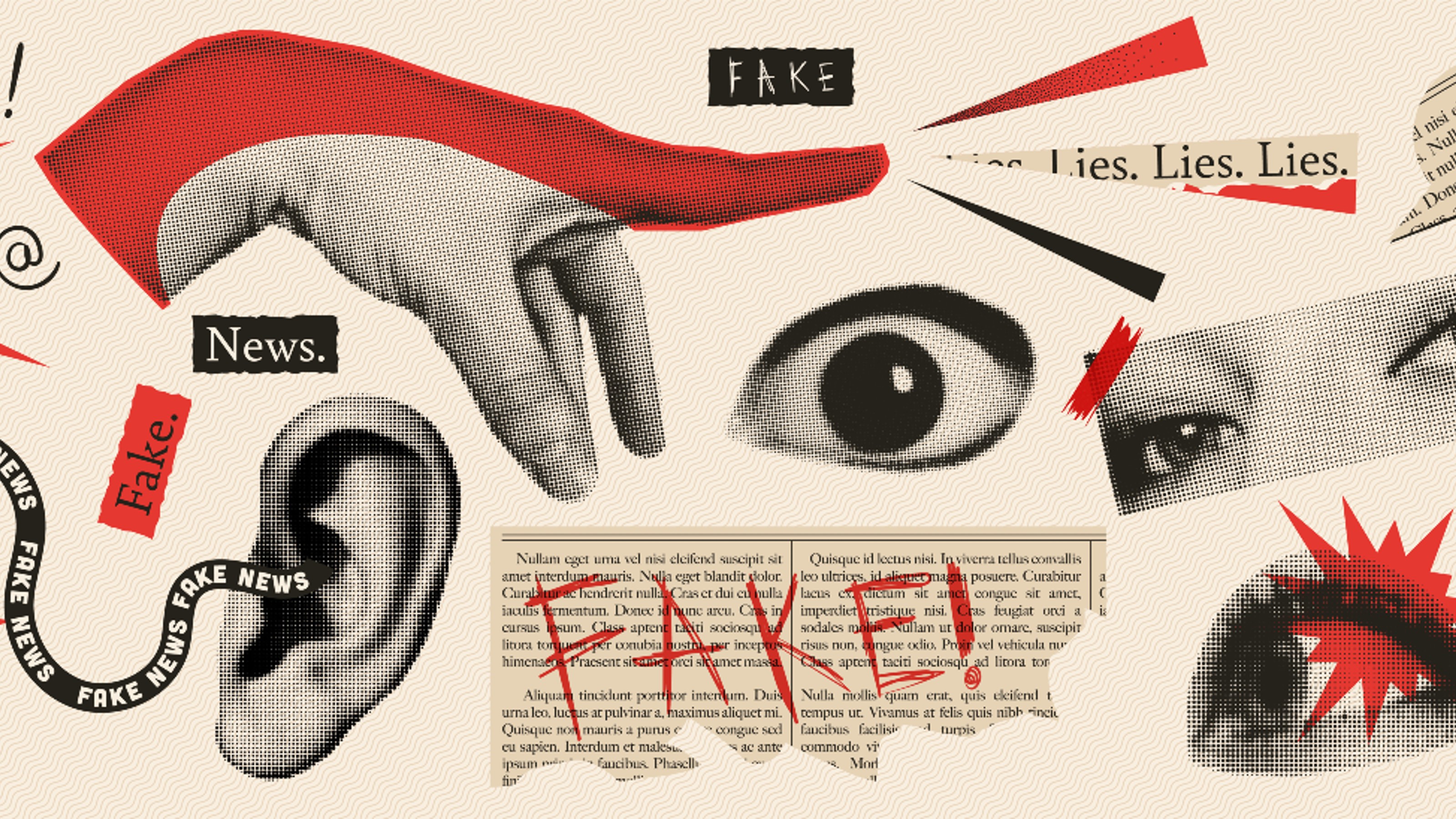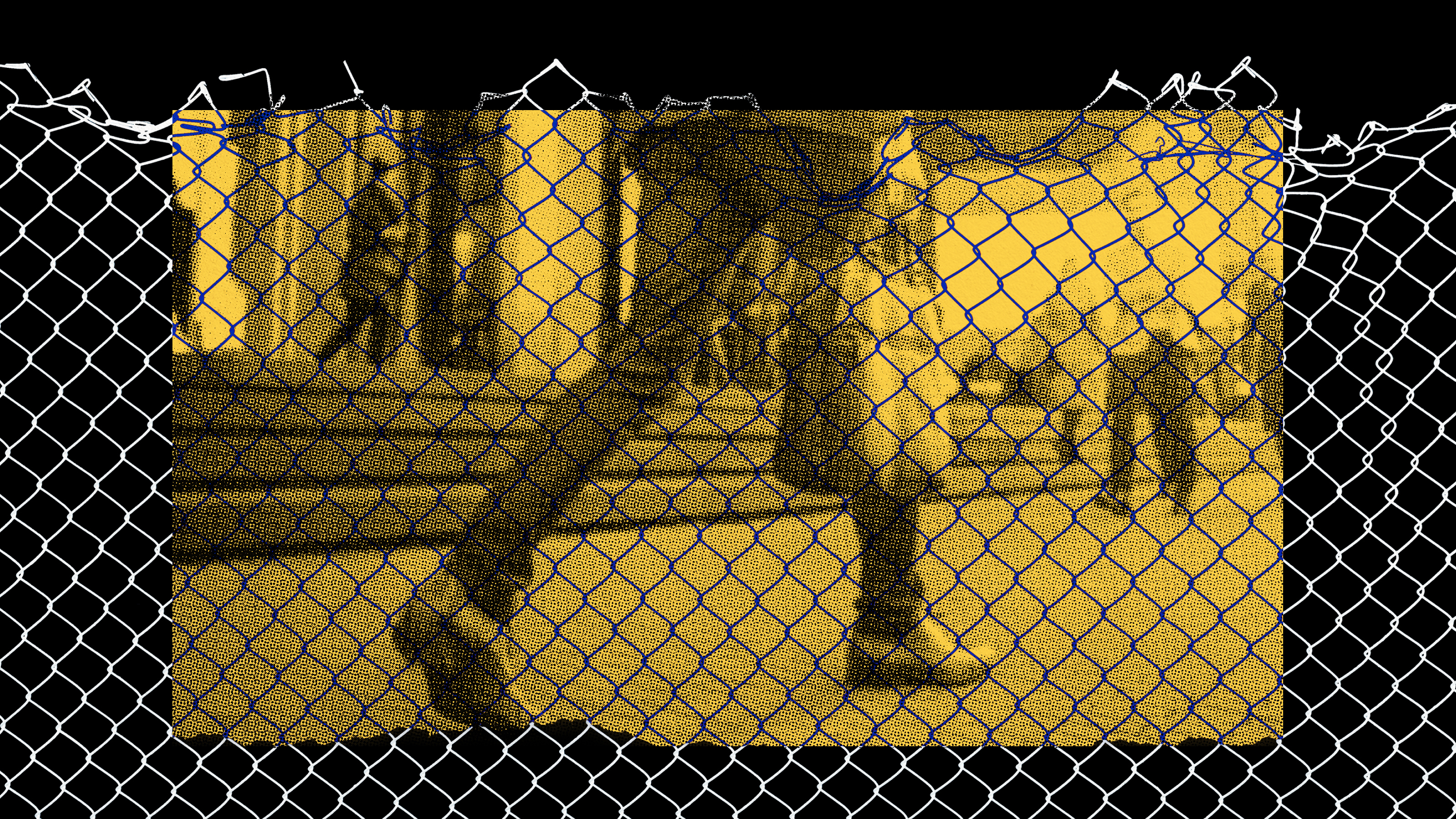Kevin Dickinson
Kevin Dickinson is a staff writer and columnist at Big Think. His writing focuses on the intersection between education, psychology, business, and science. He holds a master’s in English and writing, and his articles have appeared in Agenda, RealClearScience, and the Washington Post. Follow him on LinkedIn and Twitter @KevinRDickinson.

From “The Castle of Otranto” to “The Lord of the Rings” trilogy, these books changed the literary landscape.
ÄIO’s fermentation process creates healthy, sustainable oils and fats by upcycling low-value industry organics.
Lab experiments showed Caribbean box jellyfish are quick studies of their environment.
Today, the F-word is enjoying a renaissance the likes of which it hasn’t seen since, well, the Renaissance.
It’s not just fun: DNA origami has the potential to revolutionize engineering at the nanoscopic scale.
These nematodes complicate how we understand evolutionary lineages.
The modern attention economy hijacks our ability to focus, but an ancient technique offers a means to get it back.
Stories of child prodigies and the naturally gifted hide the fact that success is built on more than talent alone.
A unique combination of DNA and silica is the strongest known material for its density (but you’ll need a lot of it before you can build a suit from it).
In our competitive world, fortune does not appear to favor the humble — but a strong counter-narrative is emerging.
Survivorship bias occurs when we fail to consider how data was collected. To combat this, search for the “silent evidence.”
We all have a place in our lives where we look the other way and pretend everything is fine. It’s a built-in excuse to act selfishly.
In an environment of impressive IQs, emotional intelligence makes all the difference.
The history of hell doesn’t begin with the Old Testament. Instead, hell took shape in the 2nd century from Mediterranean cultural exchange.
To reap the benefits of AI technologies, businesses must keep humans in the driving seat.
According to neuropsychologist Julia DiGangi, no one can live a life free of emotional pain. We can only choose how those emotions empower us.
How Stacy Madison — founder of Stacy’s Pita Chips and BeBOLD Foods — discovered that reinvention is not a one-off deal but an ongoing process.
In work and life, the rules of success are being redefined.
Successful alpha leadership is more about caring and healing than dog-eat-dog supremacy.
Spend well, save well, live well.
Philosopher Lee McIntyre discusses the dangers of disinformation, how such falsehoods spread, and what we can do about it.
We can no longer approach the news as passive consumers.
Scott Dikkers discusses comedy, the creative process, and life lessons learned playing peekaboo.
Daydreaming can be a pleasant pastime, but people who suffer from maladaptive daydreaming are trapped by their fantasies.
When a whoopsie-daisy just won’t cut it.
It’s like combining Google Translate with a time machine.
Research suggests that employees with criminal records are far less likely to quit their jobs, perhaps due to a greater sense of loyalty.
“Human connection is as threatened by unhealthy peace as it is by unhealthy conflict.” —Priya Parker
